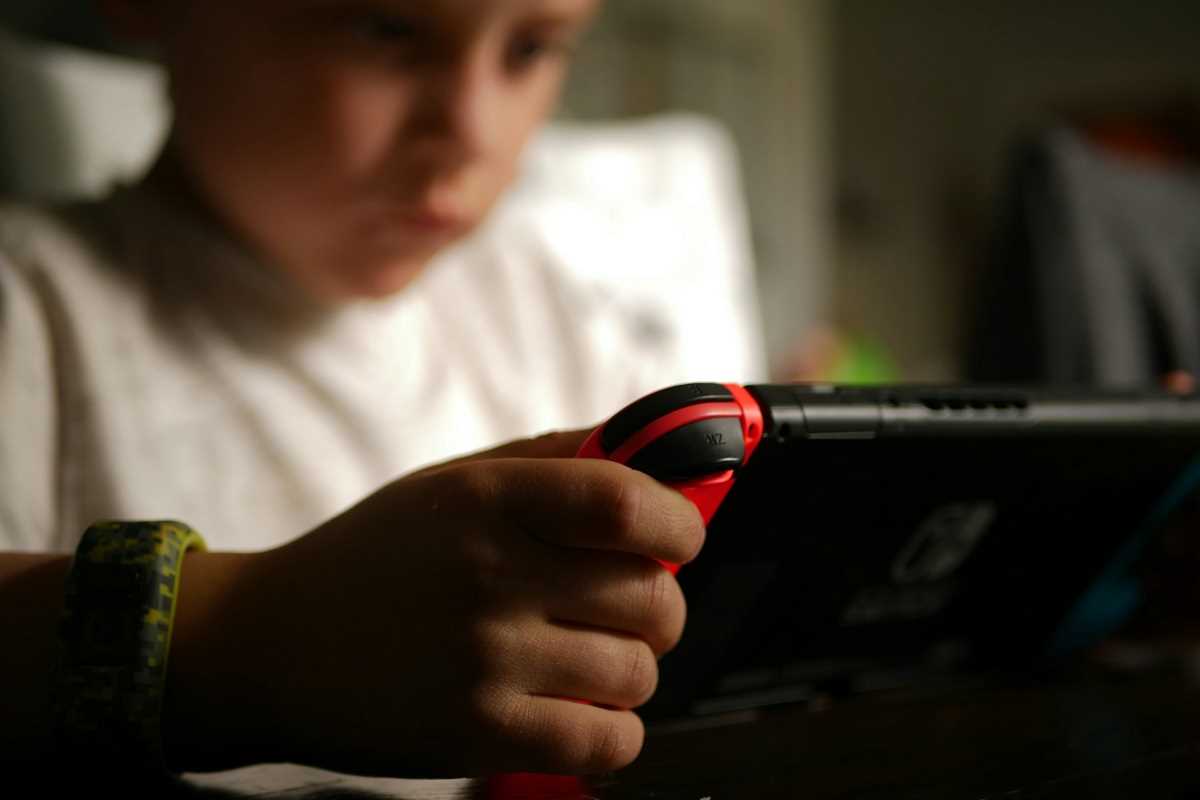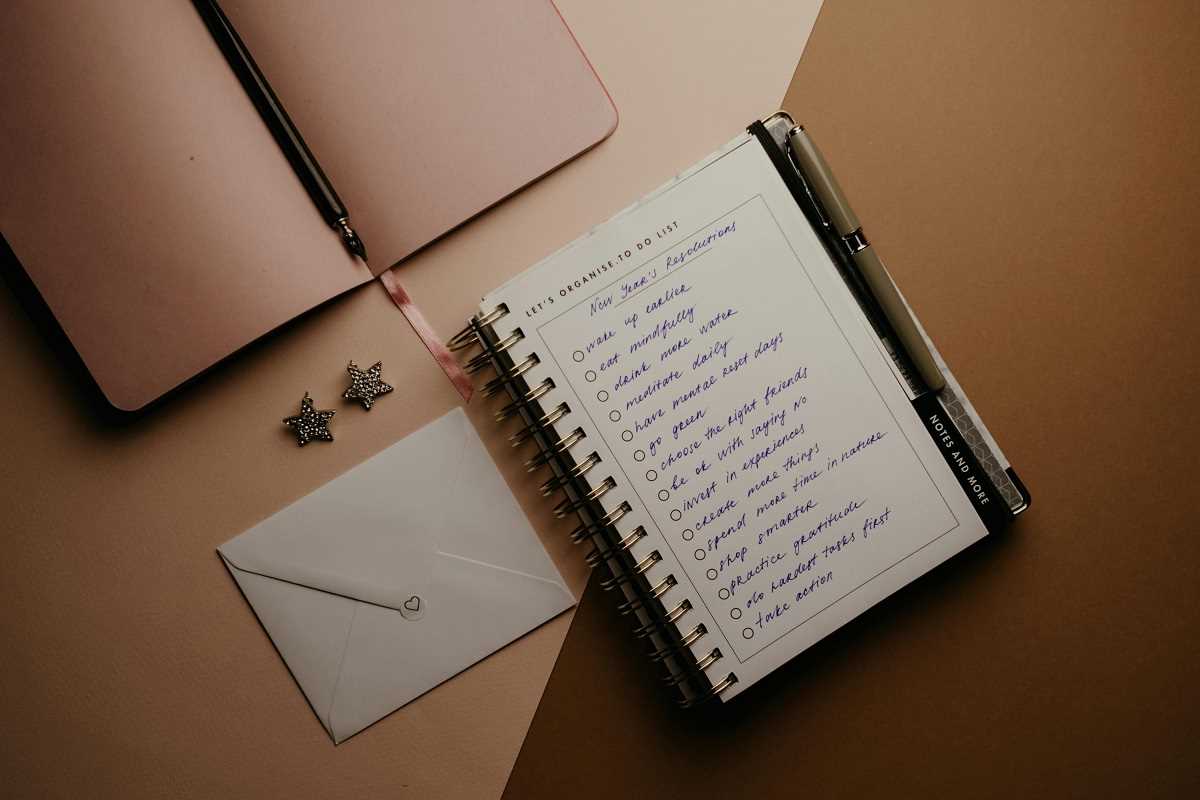Okay, real talk—how many times have you checked your phone today? Be honest. Ten? Fifty? Lost count after breakfast? You’re not alone. Most of us are glued to these little screens like our lives depend on them. And while phones are pretty amazing—like, you can literally order tacos, FaceTime a friend, and take a quiz to find out what “Friends” character you are all in 15 minutes—they’re also quietly doing a number on our well-being.
Yep, phone addiction is real, and it’s creeping into every corner of our lives. From your sleep to your mood to how well you can hold a conversation without sneaking a look at Instagram, your phone habits might be influencing you more than you realize. But don’t worry—we’ve got the lowdown on what’s happening and how to take back control.
The Psychological Toll of Screen Obsession
First up is the mental side of phone addiction. The dopamine hit we get every time our phone pings? It’s addicting. It's literally addicting. Our brains light up with feel-good chemicals whenever we get a notification, a like, or a new follower. And guess what? Tech companies know this. They’ve designed apps to keep us scrolling and tapping, making it harder to put our phones down.
The problem? This constant checking starts to mess with your stress levels and mental health. Studies have linked excessive phone use to increases in anxiety and depression. Why? Well, for starters, there’s the whole “comparison game.” Thanks to social media, it’s way too easy to look at someone’s perfect vacation pics or their seemingly flawless life and think, “Wow, my life kinda sucks.” Spoiler alert—it doesn’t, and their life probably isn’t as polished as it looks.
Plus, the endless scrolling through news feeds can lead to information overload. Have you ever gone on TikTok for some feel-good dance videos and somehow ended up in the deep, dark trenches of political drama or conspiracy theories? It’s mentally exhausting.
Signs Your Mental Health is Taking a Hit:
- Feeling anxious if you can’t find your phone (yes, “nomophobia” is a thing).
- Constantly refreshing apps, even when there’s nothing new.
- Feeling “off” after seeing curated, picture-perfect lives.
- FOMO—Fear of Missing Out—that keeps you scrolling even at 2 a.m.
Your Sleep is Crying for Help
Raise your hand if you’ve ever been in bed, phone in hand, promising yourself, “Just one more video,” only to realize it’s 3 a.m. and you’re watching a tutorial on how to make sourdough bread (even though you don’t even bake). Phones are notorious sleep wreckers.
Why? Well, the blue light that our devices emit messes with melatonin, the hormone that helps regulate sleep. Basically, your brain thinks it’s daytime whenever you’re staring at your phone, which means you take longer to fall asleep and the sleep quality you do get…? Not great.
And here’s the kicker—poor sleep isn’t just about feeling groggy the next day. It impacts everything from your mood to concentration, even your immune system. If sleep deprivation became a major in college, I think our phones could teach a masterclass.
Physical Effects That Are Sneaking Up on You
Your mental health isn’t the only thing taking a hit. Constant phone use can also mess with your body, and not in ways you'd expect. Phone posture—yeah, that’s a thing—is a major culprit. Ever noticed how you hunch over your phone, craning your neck like a text-obsessed turtle? That’s called “text neck,” and it can lead to actual pain in your neck, shoulders, and back.
Oh, and your thumbs aren’t thrilled about this constant tapping, either. “Texting thumb” or “tech hand” are real issues that come from overusing your digits on tiny screens. Not to mention, staring at your device so much can strain your eyes, leading to headaches and blurry vision.
Finally, there’s the sedentary lifestyle factor. If your screen time has turned “walking to the fridge” into your main exercise routine, you’re not alone—but sitting around scrolling all day isn’t doing your physical health any favors.
Curious If You’re Feeling Phone Burnout? Watch Out for:
- Persistent neck or back pain.
- Tingly or numb fingers from holding your phone too long.
- Eye strain after staring at your screen (pro tip: that “zooming” thing is not normal).
Relationships Getting Ghosted
You’d think being constantly connected would improve relationships, right? LOL, nope. If you’re glued to your phone during dinner or while hanging out with friends, it sends a not-so-great message. You might not mean to prioritize TikTok over your bestie, but when you’re deep into “just one more” scroll, that’s exactly how it comes across.
Phones also tend to turn intimate moments—like conversations with your partner or quality time with your family—into half-hearted “Mhmm” exchanges while your focus is on your screen. Basically, all that connecting online can sometimes make us suck at connecting offline.
Pro example? The dreaded group hangout where everyone stares at their phones instead of each other. You're together, but are you really?
Tips to Take Back Control
Alright, so we’ve established that phone addiction isn’t doing you (or anyone) any favors. But what can you actually do to manage it without tossing your phone into the nearest river? (Please don’t do that.) Here’s how to find balance and move toward a healthier relationship with your device.
Set a Timer on Your Apps
Most phones these days have built-in screen time monitors. Use them to set limits on apps that suck you into hours of mindless scrolling (ahem TikTok). When you hit your limit, your phone gives you a heads-up. It’s a gentle nudge to log off and do something else—like maybe that puzzle sitting in your closet.
Create No-Phone Zones
Declare some areas of your life phone-free. For example, no phones at the dinner table or in the bedroom. (Trust me, your sleep tracker won’t be too mad at you.) If you’re used to scrolling in bed, swap the behavior for something calming, like reading. Paper books can’t send notifications, which is exactly what makes them amazing.
Turn Off Notifications
Ah, notifications—the ultimate attention thieves. These little pings hook you every time, luring you back into the digital vortex. Turn off non-essential notifications to stop them from disrupting your day. You can even go into focus mode on most smartphones and limit all interruptions when you are working or relaxing.
Keep Your Phone Out of Reach
It’s simple but effective. If your phone isn’t within arm’s reach, you’re less likely to pick it up out of habit. Try keeping your device in another room for a few hours each day and watch how many times your hand instinctively reaches for a non-existent phone.
Schedule Phone-Free Time
Want to really test yourself? Pick a block of time daily to unplug—no phones, no excuses. Whether it’s 30 minutes or an entire evening, use this time to reconnect with the real world. Go for a walk, call a friend (yes, on an actual phone call), or just sit and enjoy the silence.
Reflect on Your Habits
Sometimes, just being aware of how much time you’re spending on your phone can motivate change. Check your weekly screen time report. Seeing five hours a day on social media might just give you the wake-up call you didn’t know you needed.
Replace the Habit
When you're tempted to reach for your phone, replace that urge with another activity. Instead of scrolling Instagram, go for a quick stretch. Swap end-of-day doomscrolling for journaling or doodling. You'll be surprised at how much less you miss your phone when you've got something fun to do.
Phones are amazing, but they shouldn’t hijack our lives. The key here isn’t to swear off screens entirely—it’s to find that sweet spot where your phone enhances your well-being instead of undermining it. By taking small steps to manage phone usage, you’ll likely feel less stressed, more rested, and probably a lot more connected—to the people around you and to yourself.
And hey, if you’re reading this on your phone… maybe this is your cue to go take a break.
 (Image via
(Image via





